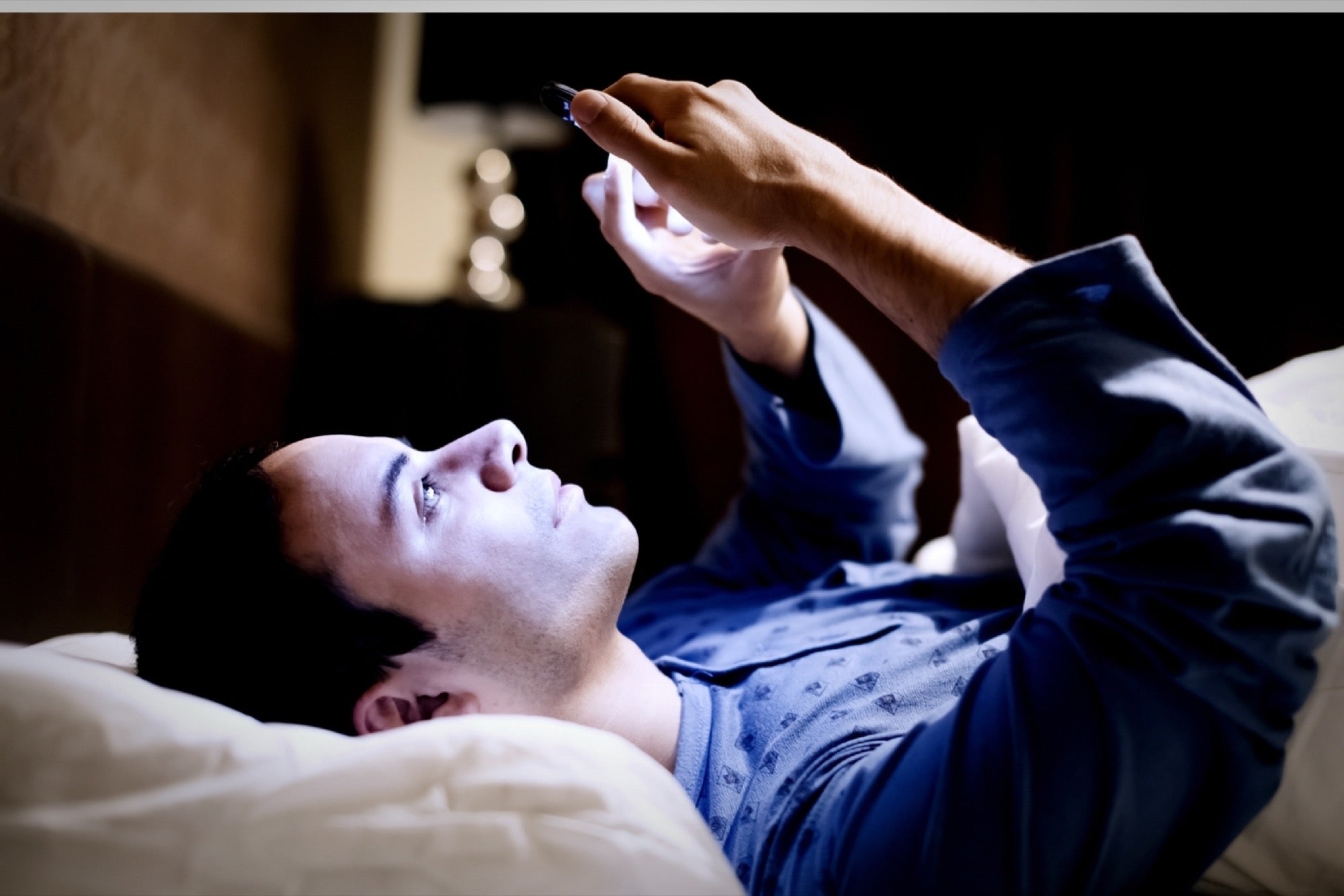Wake Up Call: Philips Survey Says Most Of Us Aren't Having A Good Night's Sleep Global sleep satisfaction remains low with worry/stress, relationships, and cell phone use reported as key sleep inhibitors.
By May Rostom
Opinions expressed by Entrepreneur contributors are their own.
You're reading Entrepreneur Middle East, an international franchise of Entrepreneur Media.

Do you often find yourself asleep on the couch, or on your laptop keyboard? Have you been experiencing trouble sleeping? Are you not getting the quality sleep you need to push through the day? Well, you're not alone. According to a sleep survey conducted by Philips, only 49% of people worldwide are satisfied with their sleep.
Philips surveyed more than 13,000 adults in 13 countries to capture attitudes, perceptions, and behaviors around sleep. This year's results show global sleep satisfaction remains low with worry/stress, relationships, and cell phone use reported as key sleep inhibitors.
Related: Rethink Your Relationship With Your Phone

While worry/stress has been reported as the most limiting factor to a good night's sleep (33%), fewer people in 2020 are taking action to improve sleep compared to 2019. For example, reading before bed was the most popular strategy used to improve sleep in 2019 (39%), but only 28% of people report reading to improve sleep in 2020.
"The decrease in people taking action to improve sleep is alarming, especially when it is clear people around the world deeply value sleep," said Mark Aloia, PhD, Global Lead for Behavior Change, Sleep & Respiratory Care at Philips. "Sleep deficit impacts people both mentally and physically, so we need to educate people on available sleep resources and empower them with the confidence that their efforts will pay off."
Related: Need A Good Night's Sleep? Here Are Three Workouts That Can Help You Get Better Shut-Eye













